For many with chronic skin diseases, modern dermatology has not been the answer. A proper diagnosis of the condition is always necessary from a dermatologist but the conventional approach doesn’t always address the underlying cause and heal what is provoking the problem leading to excessive irritated conditions.
Holistic vs Conventional Dermatology
Holistic dermatology isn’t just a natural alternative, many times it’s the only effective option for people who haven’t had success with the conventional dermatological approach to healing their chronic skin condition. The conventional approach doesn’t always connect other systems of the body and how they relate to skin conditions like acne, rosacea, eczema or other diseases. The skin is often treated like an isolated organ that isn’t connected to the rest of the body and its issues. Topical steroids and corticosteroids that stop inflammation also can weaken the immune system and don’t address what is actually provoking the inflammation in the first place. Many times, antibiotics are prescribed as well which kill beneficial gut flora and can cause other issues. If the approach doesn’t work, the skin disease or condition can reappear and become chronic. If a person's skin experiences a reaction to whatever is prescribed, other methods are necessary. A topical steroid cream does not fix the problem for everyone. For many people, true healing doesn't occur until diet, allergies, digestion/microbiome, and lymphatics are considered, along with the appropriate herbal medicine prescribed to heal and support the gut and detoxify the blood. All these aspects help the body build and maintain immunity needed to offset the outbreaks in the future.
Many conventional dermatologists have some understanding of natural remedies but the holistic approach to healing isn’t usually their focus and the insurance system doesn't usually cover the cost involved. If you have a serious skin concern or disease we recommend finding a holistic dermatologist or a Chinese medicine doctor who focuses on dermatology as well as a nutritionist who can facilitate allergy testing to create a plan to support your skin health and healing.




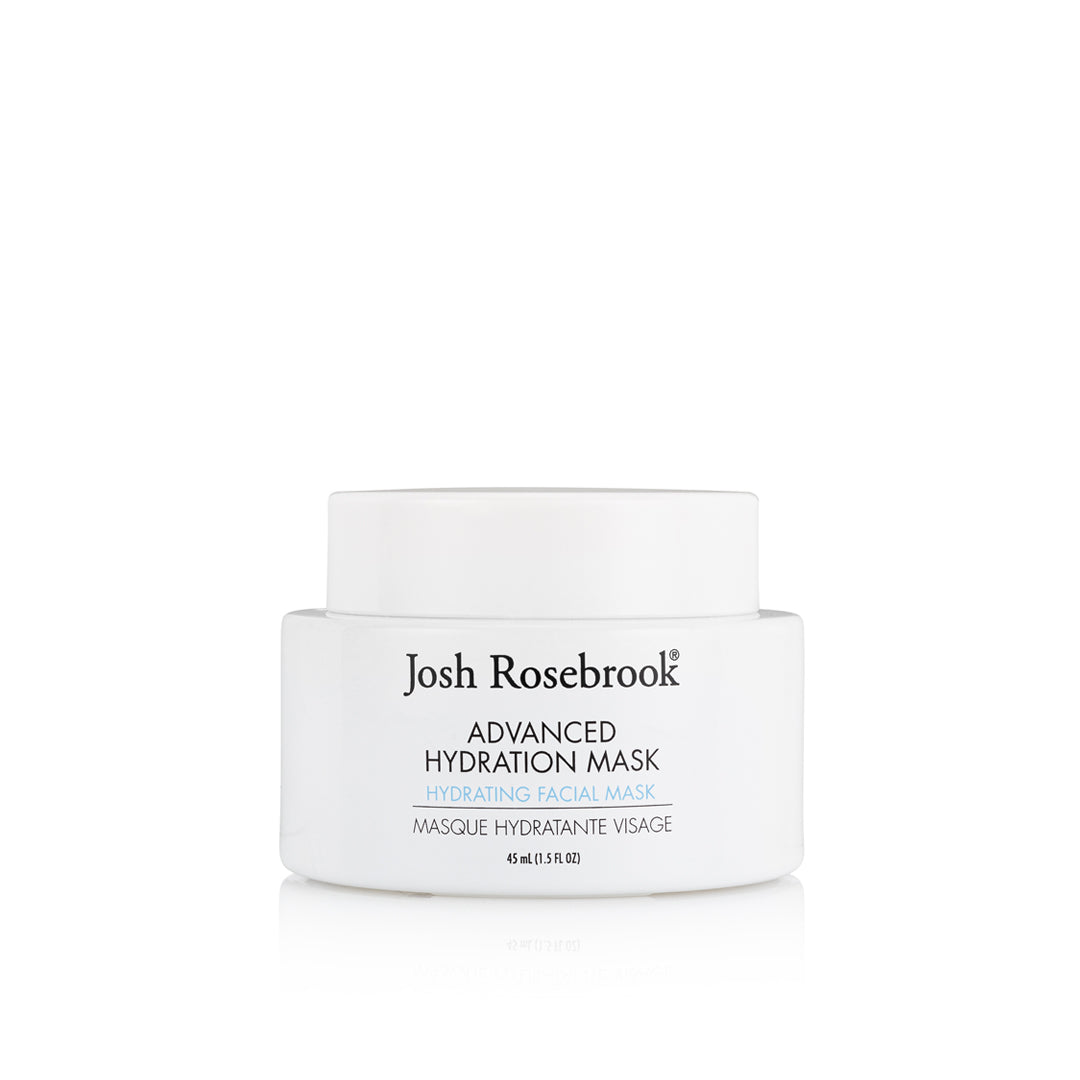
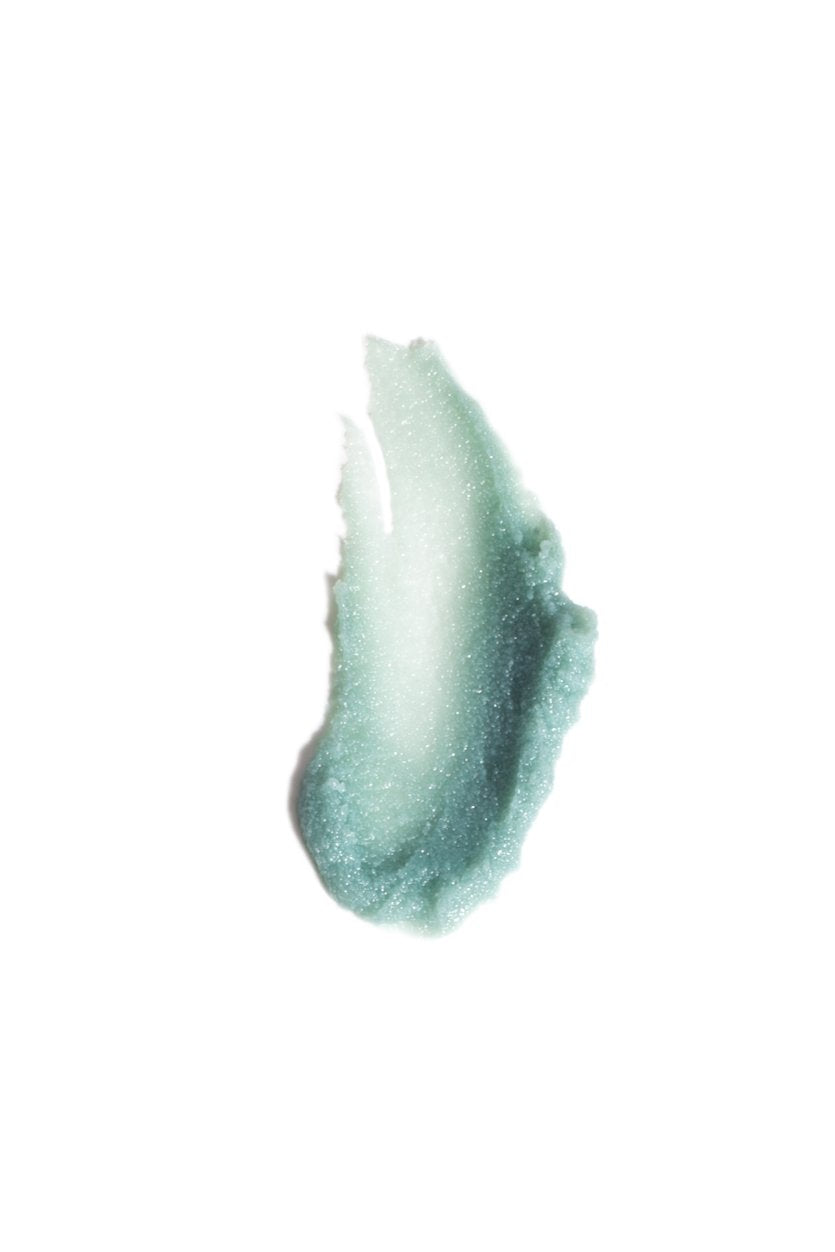
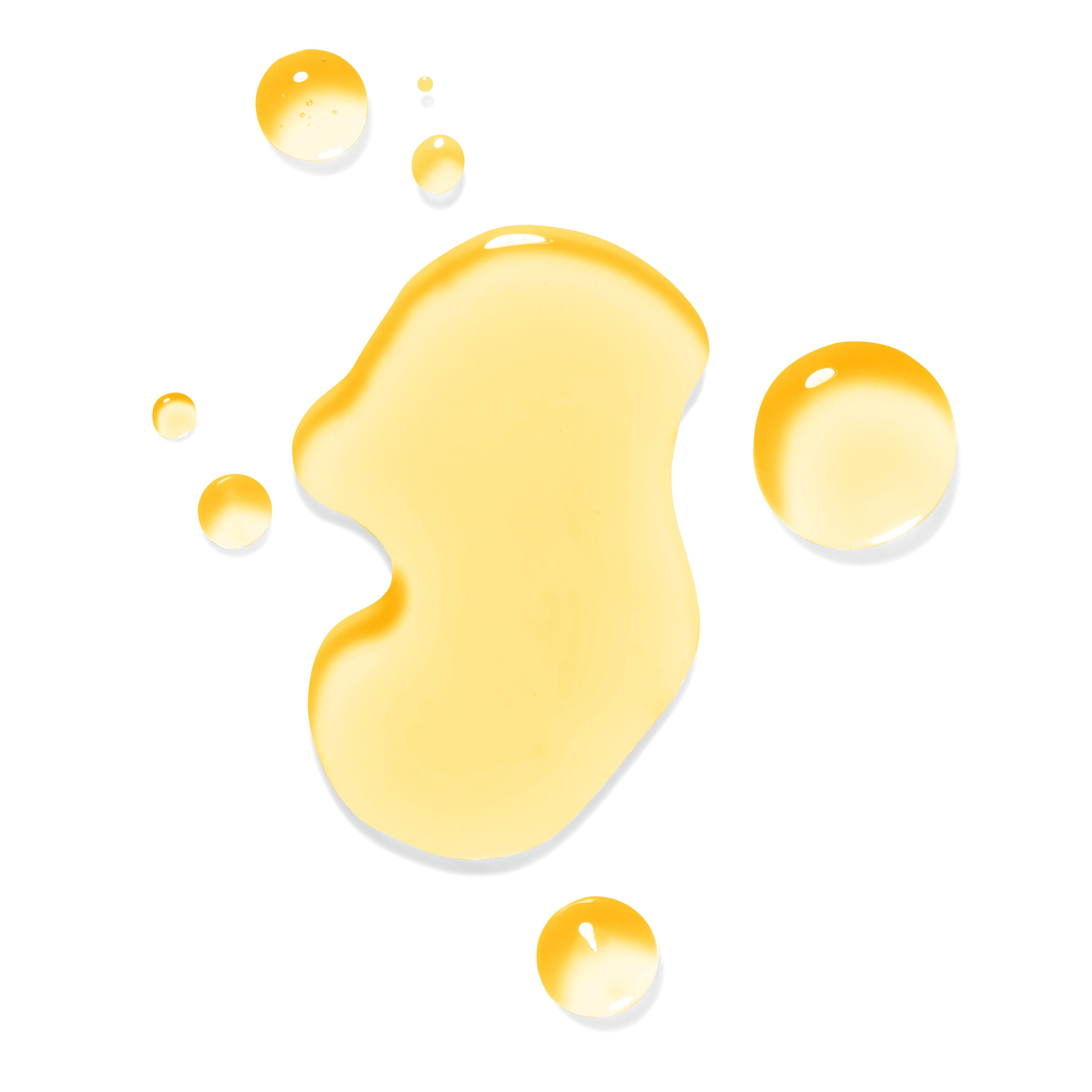
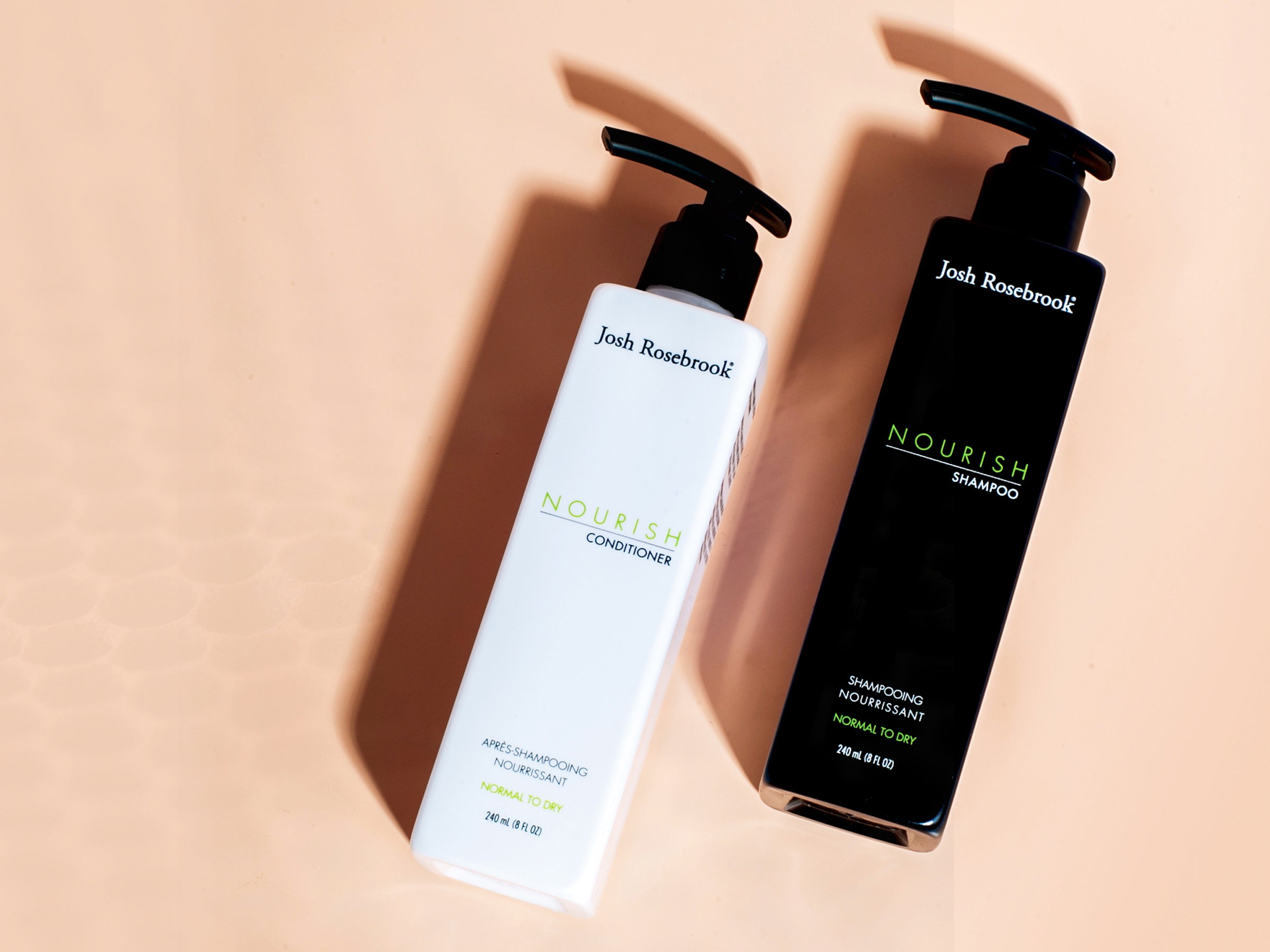

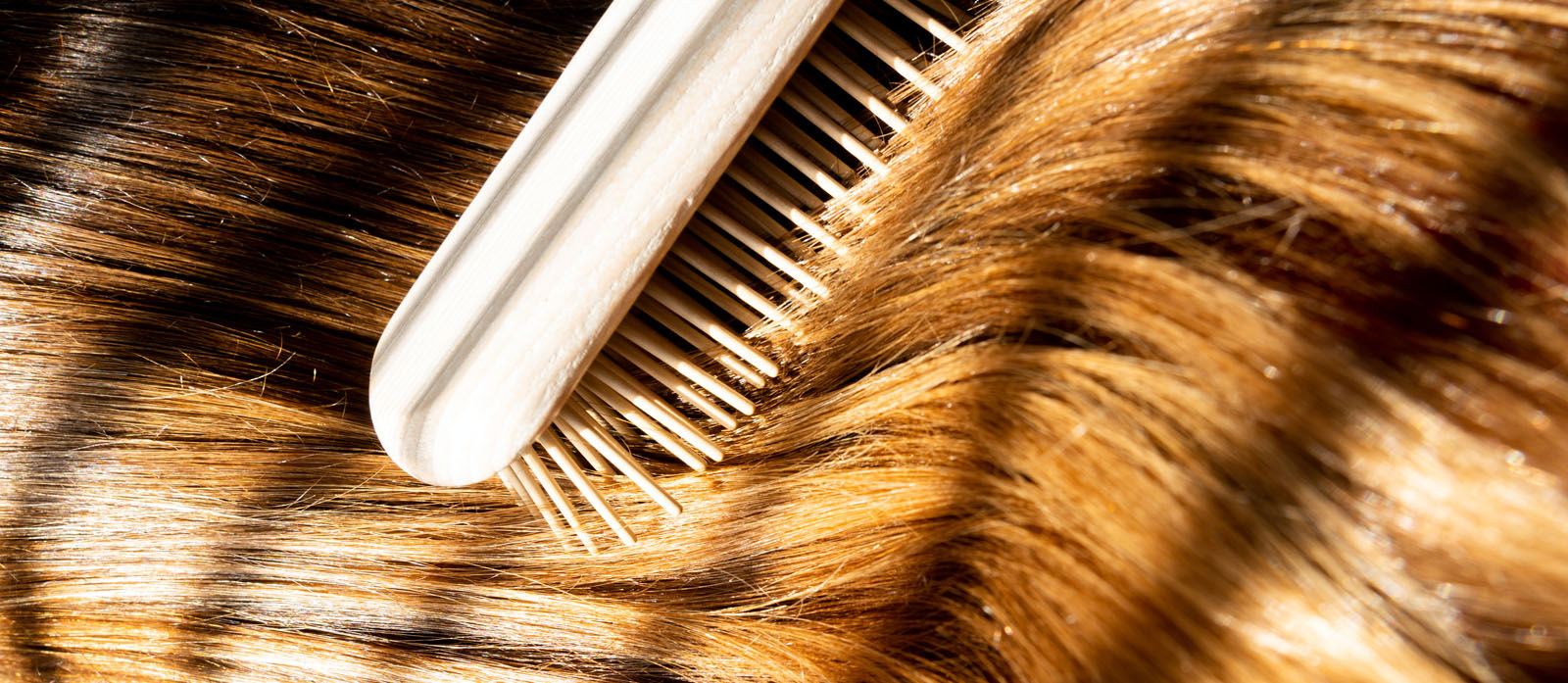
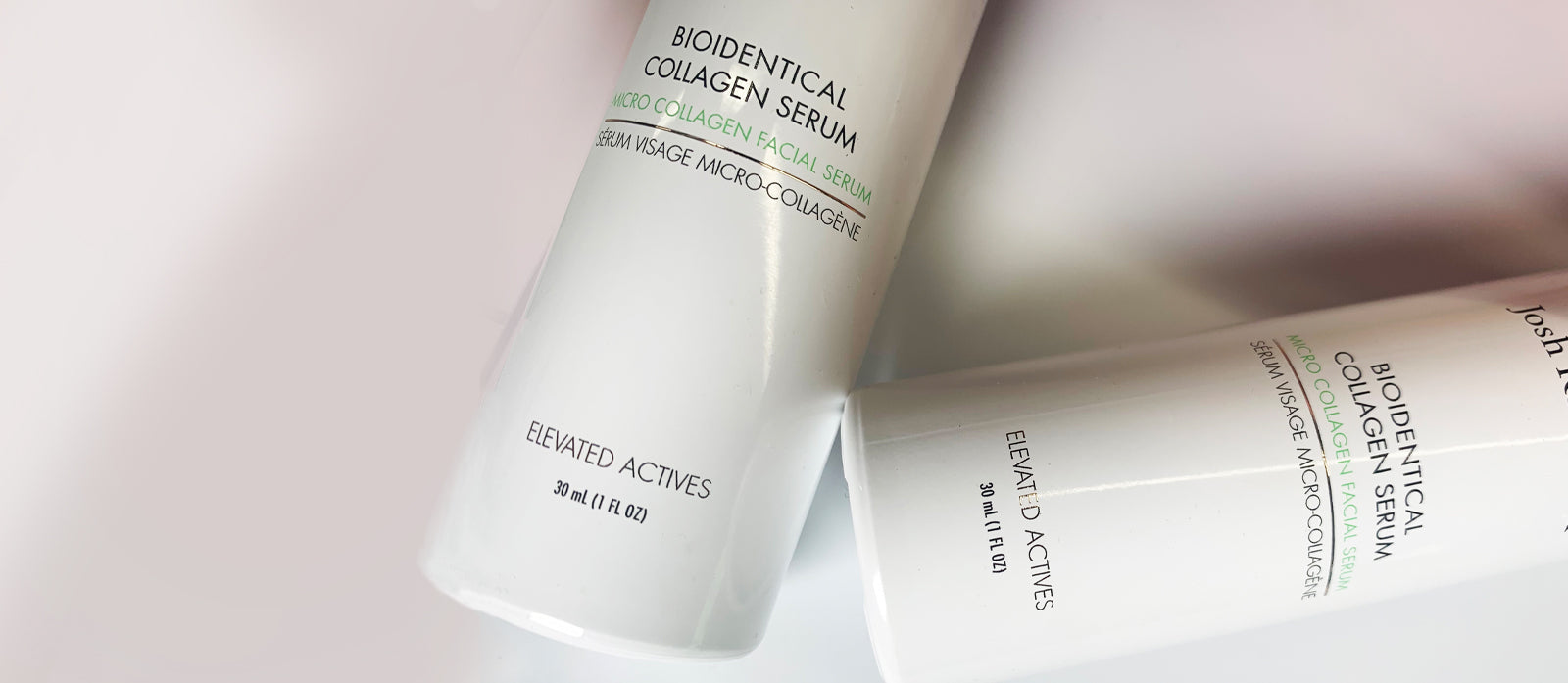
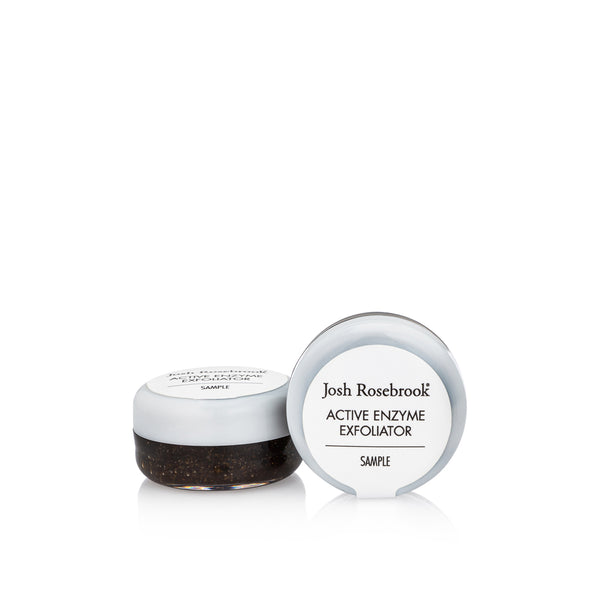
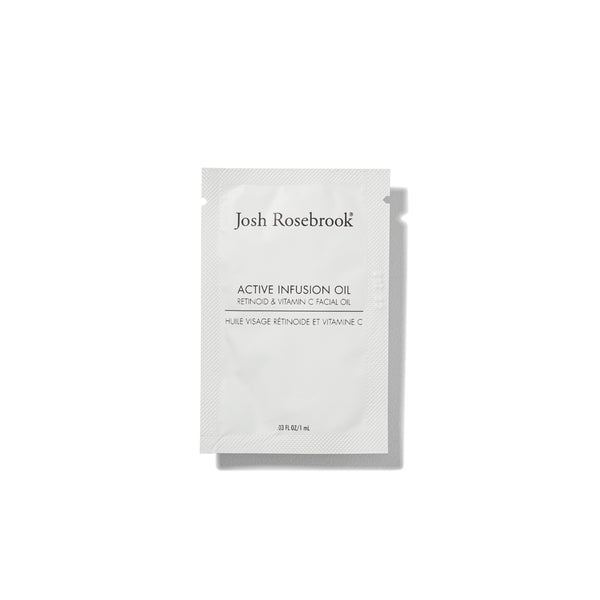
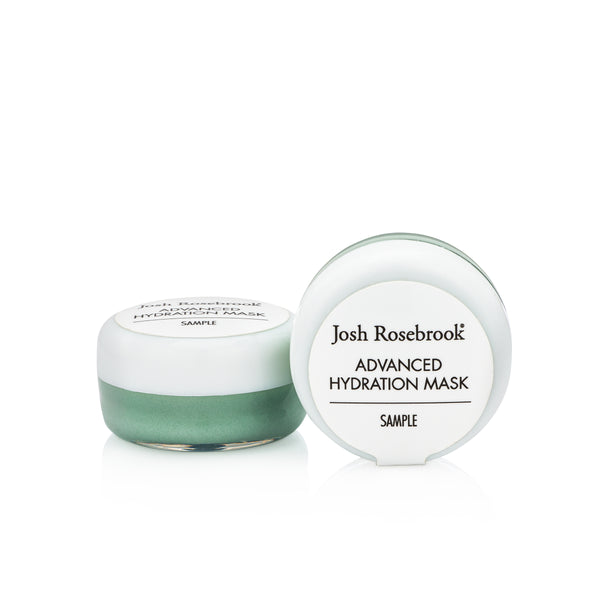
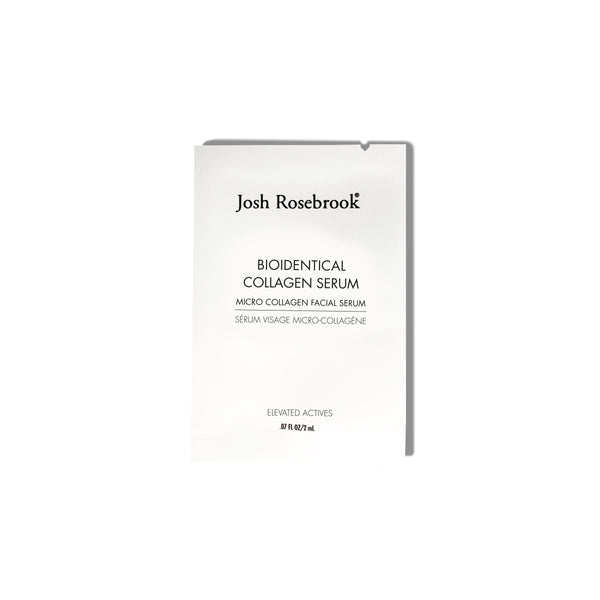

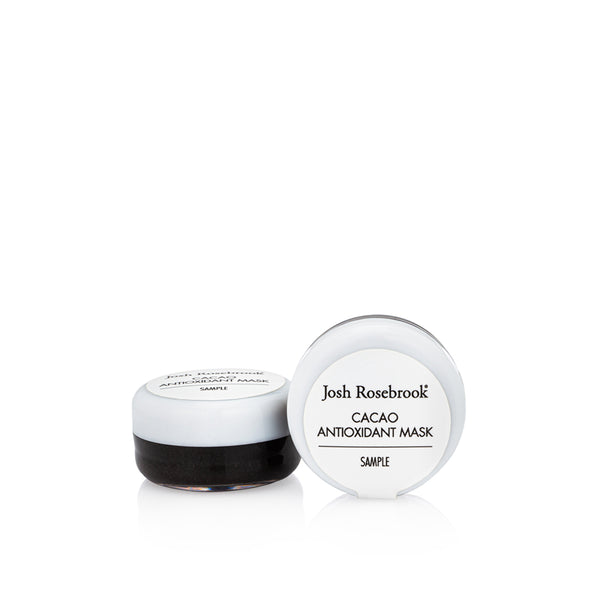
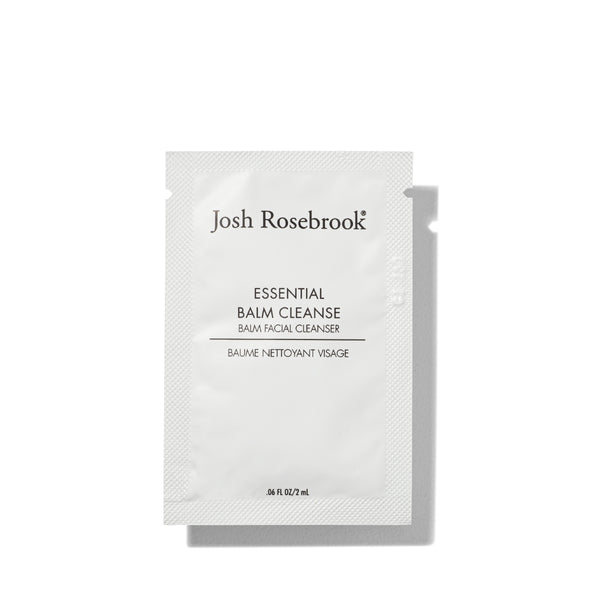
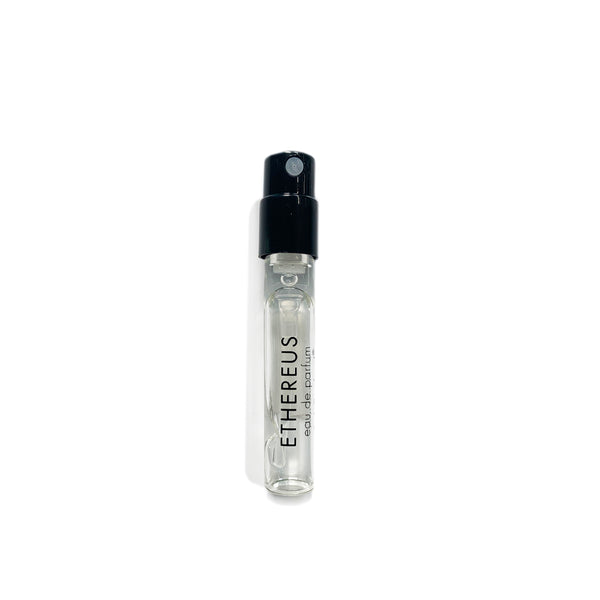
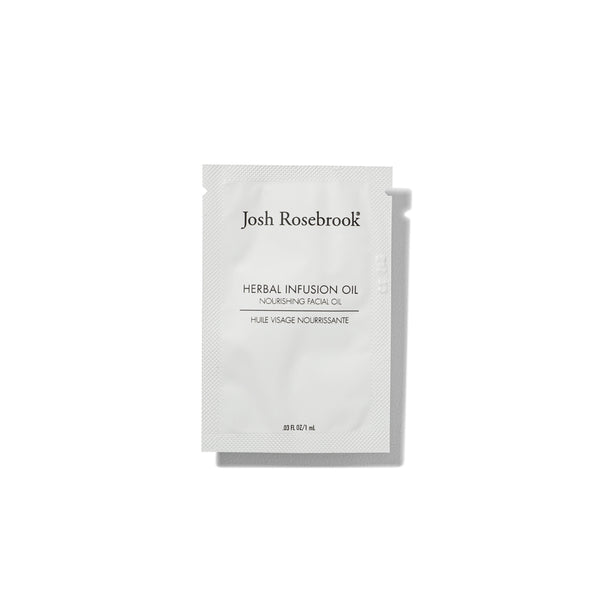
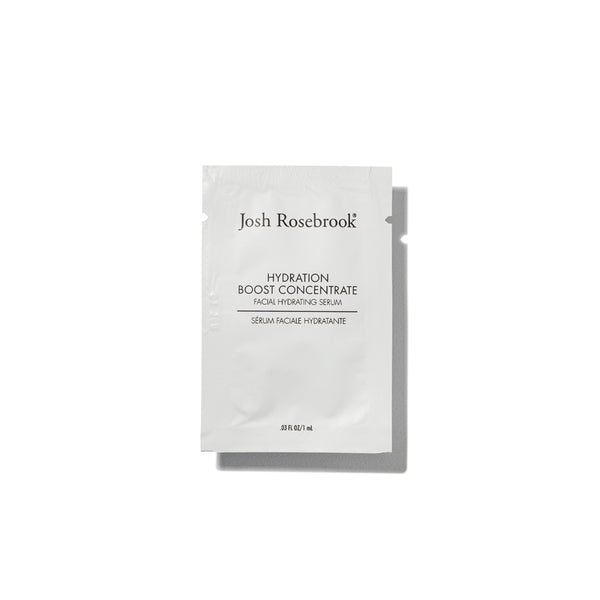
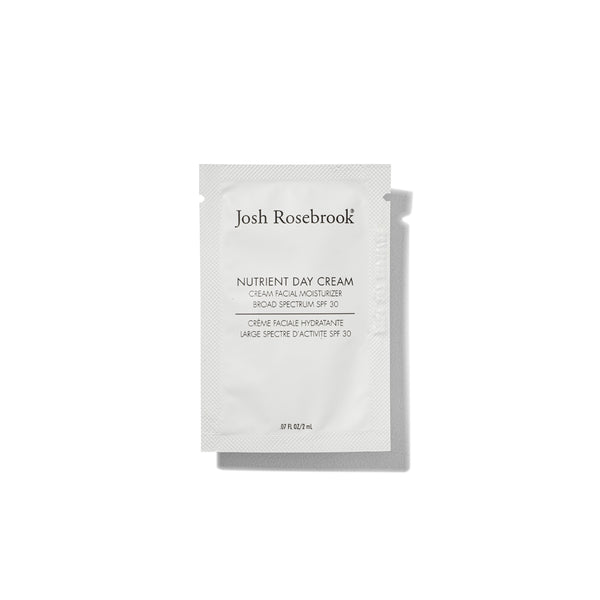
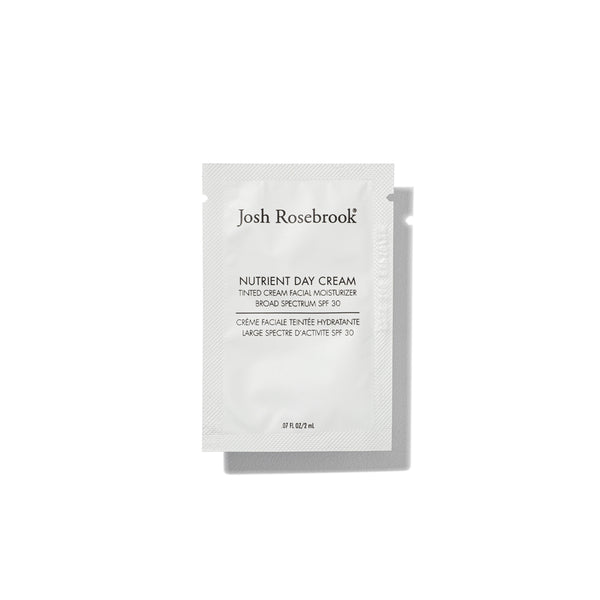
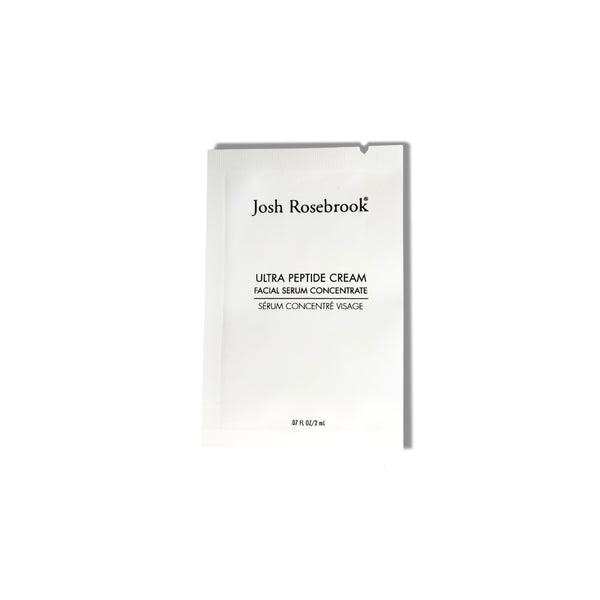
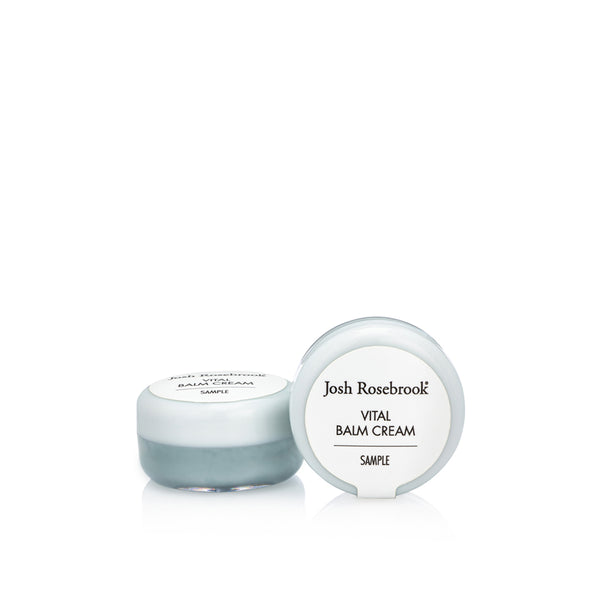
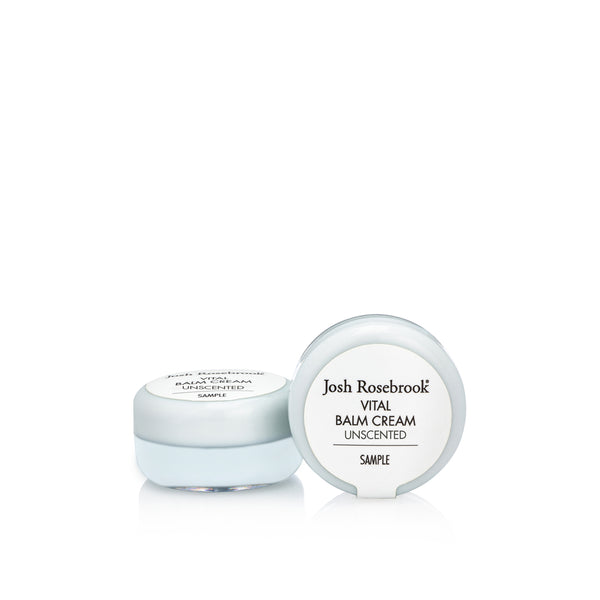
WRITTEN BY Josh Rosebrook